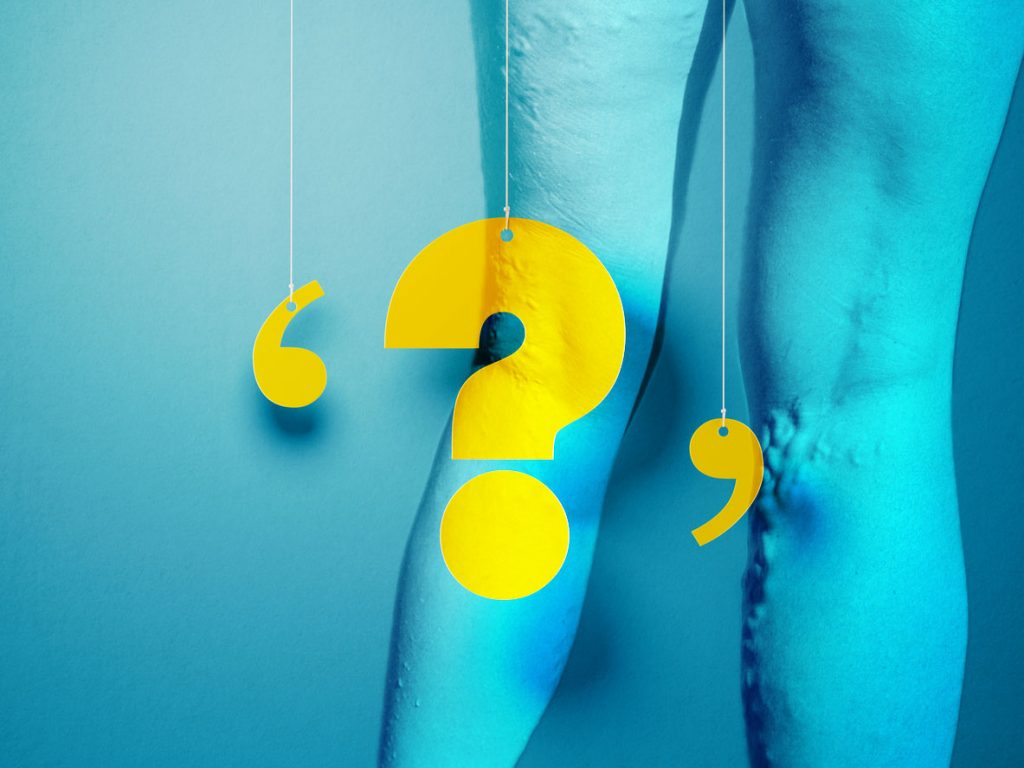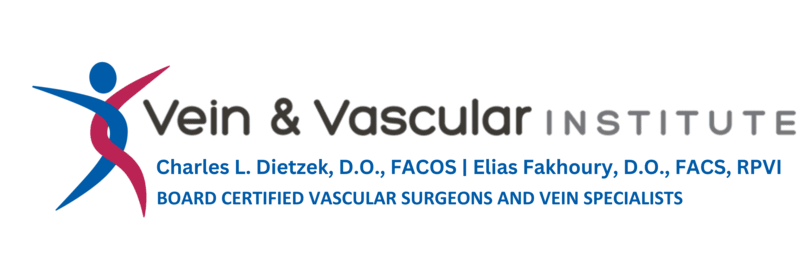
Varicose veins are a common condition that occurs in both men and women. Though there is a misconception that varicose veins are just an unsightly cosmetic concern, their presence can be dangerous.
In addition to making a person self-conscious because of how noticeable they are, varicose veins can also cause swelling, pain, aches, tiredness and restless leg syndrome. Over time and left untreated, varicose veins can lead to dangerous complications.
The blood pooling in the veins can clot causing a painful condition called superficial phlebitis. While superficial phlebitis is not necessarily dangerous on its own, it can lead to deep vein thrombosis, which is a deep vein clot. If this occurs, immediate medical attention must be sought as it is very dangerous.
The presence of varicose veins can also mark the first stage of another serious disease known as chronic venous disease. When the blood pooling in the varicose veins leaks into the surrounding tissues, the brawny skin discoloration of the lower leg, particularly the ankle and calf, can result. This hardening and darkening of the skin could cause painful and persistent skin ulcers that are hard to heal.
Table of Contents
ToggleGet Rid of Varicose Veins Fast
Though some people are interested in varicose vein treatment for cosmetic reasons, everyone who has this condition should be seen by a professional who specializes in treating varicose veins. Otherwise, significant health problems could develop in the future.
What Are the Common Treatment Options for Varicose Veins?
If self-care treatment such as exercising, wearing compression stockings, losing weight and elevating the legs aren’t successful, there are several options for varicose vein treatment available.
- Scierotherapy: During this varicose vein treatment, the doctor injects a foam or solution into the varicose veins. This scars the veins and causes them to close. They should fade within a few weeks. No anesthesia is required and the procedure can be done in the doctor’s office.
- Laser Treatment: Strong bursts of light are sent from the laser to the vein, making them slowly fade and disappear. There are no needles or incisions involved.
- Catheter-Assisted Treatment: A thin tube called a catheter is inserted into a large varicose vein. Its tip is heated using either laser energy or radiofrequency causing the vein to collapse and seal shut.
- Vein Stripping and High Ligation: After tying off a varicose vein at the point before it joins a deep vein, it’s removed through small incisions. For most people, this procedure is done on an outpatient basis.
- Microphlebectomy: A minimally invasive procedure, tiny punctures are used to remove varicose veins while the patient is under local anesthesia. Also known as stab phlebectomy, microphlebectomy is performed at the doctor’s office and leaves virtually no scars due to the tiny incisions used.
What to Expect After Varicose Vein Treatment
In most cases, the varicose vein treatments described above cause little or no downtime afterward. Most patients are able to return to their normal activities, including work, the same day or the next day.
Some procedures, such as microphlebectomy, require the patient to wear an ace wrap and compression stocking for a few days afterward. Patients should avoid strenuous activities for about a week.
Setting up a Consultation
If you have varicose veins, it’s important to set up a consultation with an experienced vein physician as soon as possible.
Find a Vein Doctor Near You
Vein & Vascular Institute is headed by Charles L. Dietzek, a Board Certified Vascular Surgeon and Vein Specialist. With four convenient New Jersey locations, there’s an office near you! Contact them today to learn more about their staff or to schedule a consultation.
Best Questions to Ask Doctors About Varicose Veins
Some common questions patients have about varicose veins include:
- What varicose vein treatment is best for me?
- How long will I be out of work after treatment?
- Are my varicose veins dangerous?
- What can be done to relieve the pain and discomfort of my varicose veins?
